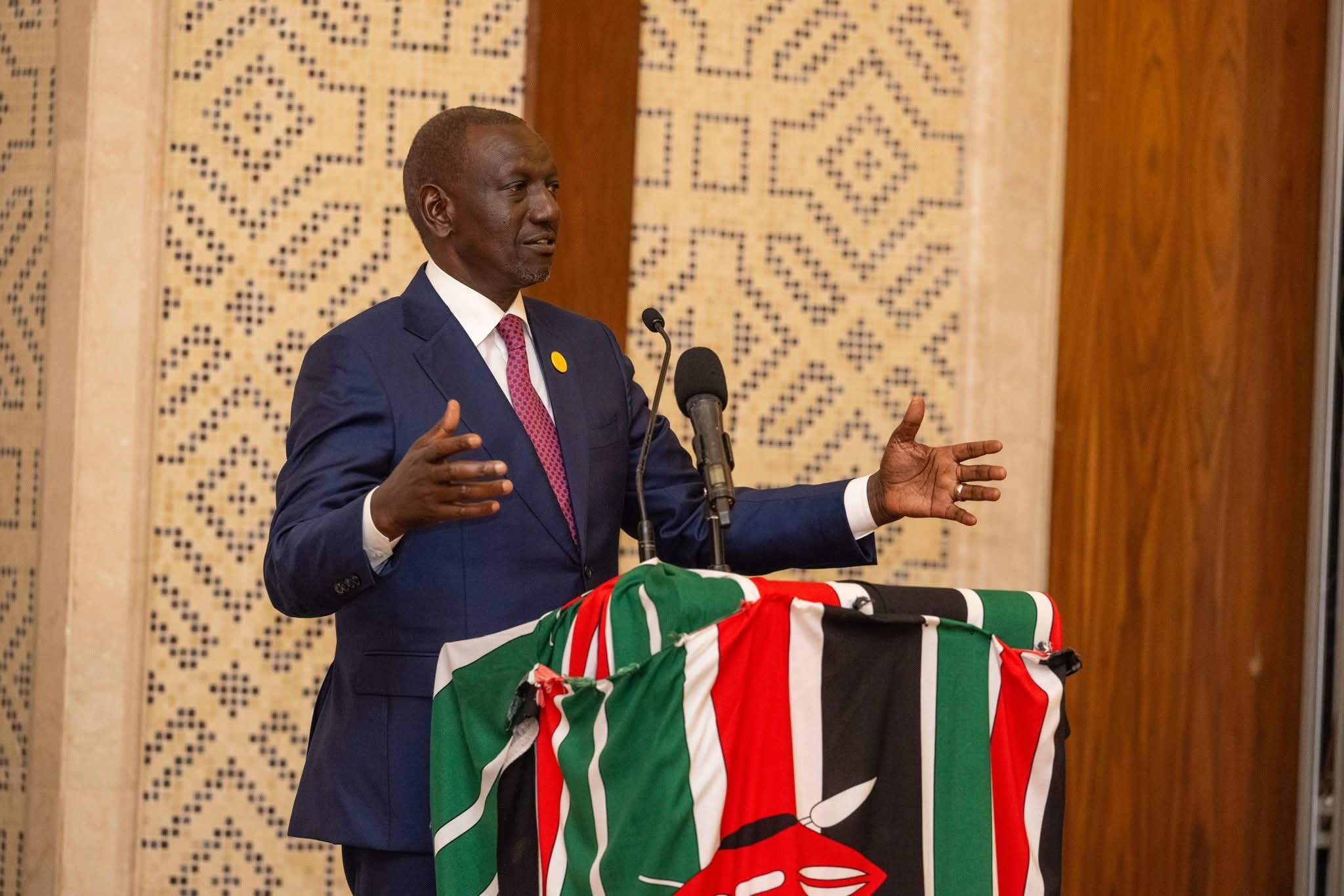The 31st US President Hebert Hoover once said; “A whole people with the ballot in their hands possess the most conclusive and unlimited power ever entrusted to humanity.” Nothing underscores the importance of the ballot, the need to protect it and the desire for every citizen to exercise their will through it, than this quote.
Last week, the Independent Electoral and Boundaries Commission dropped the use of physical voter registers in polling stations for electronic identification in the August 9 election. The new rule by the IEBC means that voters who cannot be identified electronically will be turned away from polling stations.
While the use of electronic identification for voters is a step in the right direction, there must be a backup plan that ensures that if technology fails, Kenyans are not disenfranchised by failing to vote yet they are registered as voters.
We do know that there are Kenyans who have been complaining that they cannot find their registration details when they try to verify their details on the IEBC portal. This is a recipe for disaster and this is why it is important for the IEBC to rethink its plan.
The IEBC said the decision to phase out the complementary voter identification mechanism was borne out of cases of misuse of the physical register in the past. While this is an acceptable reason, one wonders what the commission will do if the biometric voter identification kits fail and there is no other way to verify voter details on election day.
We must not forget that the Supreme Court while nullifying the 2017 presidential results said the process must be verifiable at all stages. Voter identification is a key aspect of ensuring that the election is verifiable.
The IEBC should be careful not to give the courts another opportunity to nullify the election through technicalities as happened in 2017. No voter should be turned away just because technology failed as this would give room for petitioners to challenge the outcome, especially in a closely contested election.
In the 2013 and 2017 elections, the IEBC employed a complementary mechanism that allowed voters not identified electronically to be allowed to vote on the strength of the printed register, with candidates’ agents signing off on the fact. In 2017, the IEBC released logs that showed that 99 per cent of the voters were identified electronically.
In the repeat election, data showed that 5,525,487 voters were identified using biometric finger identifications, 1,622,276 through the alpha-numeric search, and 428,043 using the documents search in the register.
While digital identification is a good thing, it is important to note that every vote matters and so the one per cent who could not be identified electronically are as important as the 99 per cent. One per cent of voters in the current voter register is over 200,000 voters meaning that all those Kenyans would be locked out if the IEBC continues with its plan.
I think it is important that the IEBC has a printed register of all voters in all polling stations. The register should also be in an uneditable file on a laptop or tablet where the polling clerks, presiding officers and agents can verify in the cases where the BVR kits fail.
The IEBC has scheduled a meeting with the four presidential candidates tomorrow to discuss the manual register. It is important that this meeting comes up with a clear plan on how voters can be identified and verified in all ways necessary without opening up the process to abuse as the IEBC has said.
We must emphasise that every vote counts in any election. We must ensure that all Kenyan voters are given an opportunity to exercise their right to vote regardless of what technology we use.
After the 2017 nullification, the entire world is watching to see that the IEBC conducts a proper election drawing lessons from the last one. Voter identification and verification is therefore one aspect of the election that the IEBC cannot afford to bungle.
“WATCH: The latest videos from the Star”



















